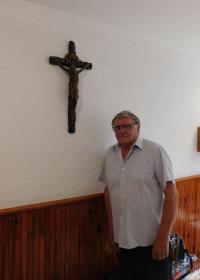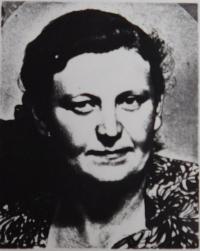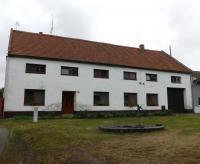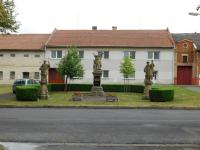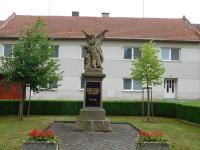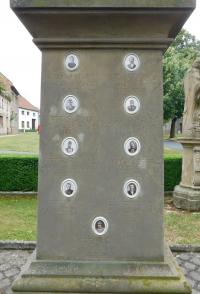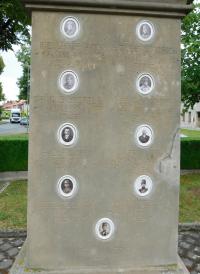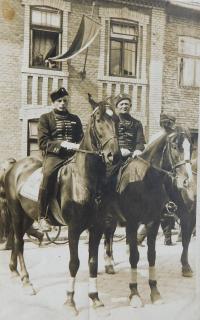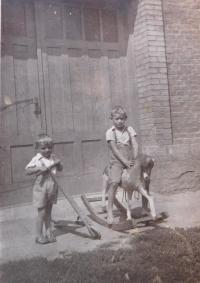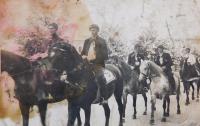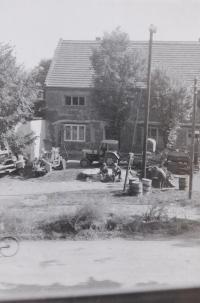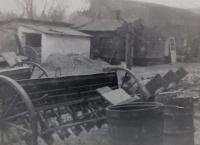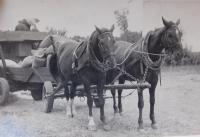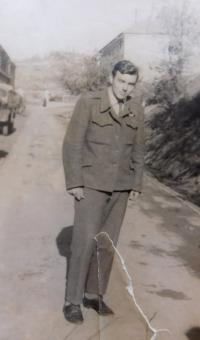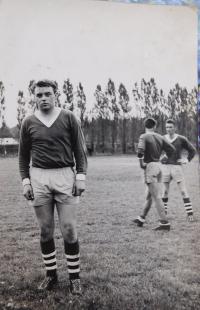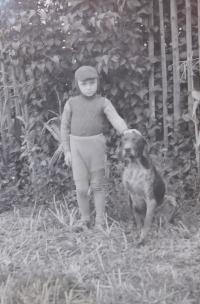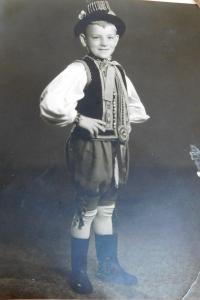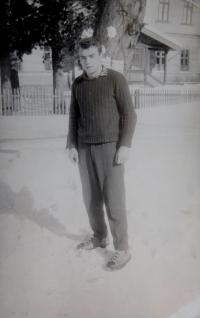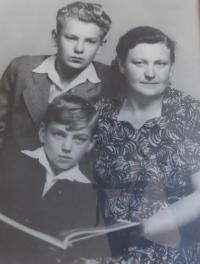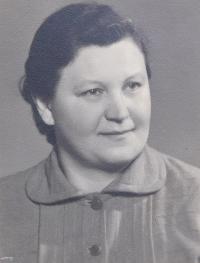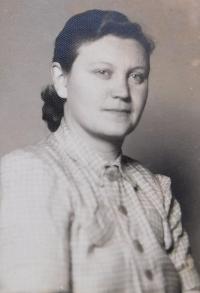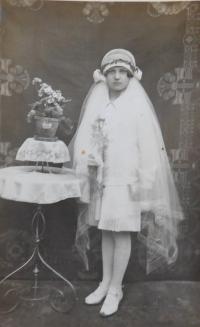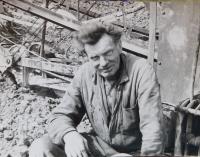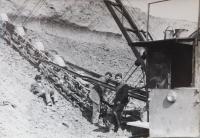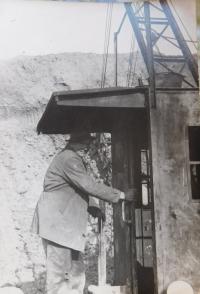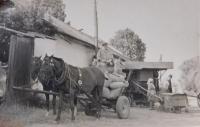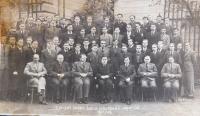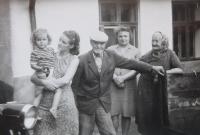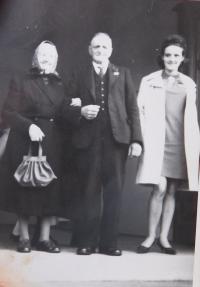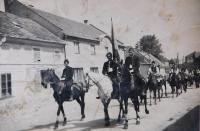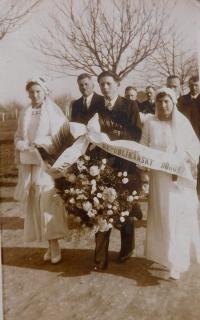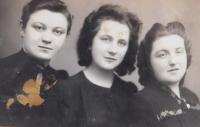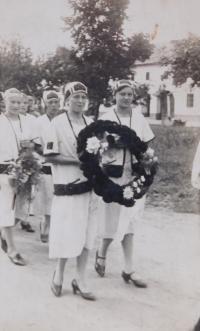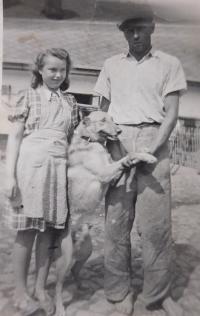They shot the pigeons on the roof that had not flown away

Download image
Lubomír Mikulka was born on October 28, 1946 in Klenovice na Hané as the younger one of two sons to František and Marie Mikulka. The family owned a farm in the village with twenty hectares of land. They refused to join the Unified Agricultural Cooperative (JZD) during the collectivization process. The authorities therefore set delivery quotas of agricultural products for them which were impossible to meet, and they exchanged their land for worse and more distant fields and several times they even confiscated their reserves of grain and the Mikulka family therefore had nothing left to sow. In December 1955 the district prosecutor in Kojetín then issued a confiscation order for the family’s entire property and the farm was handed over to the JZD in Klenovice na Hané to be used without any compensation to the family. On February 2, 1956 the People’s Court in Kojetín sentenced Lubomír’s father in a staged trial to five and a half years of imprisonment, and he then served his sentence in labour camps near uranium mines. Lubomír’s destitute mother rapidly succumbed to cancer two years later when she was only thirty-eight years old. Twelve-year-old Lubomír then lived with his grandparents. Even after his release, the father was not allowed to return to his family, because the authorities forbade him to reside in the village for five years. Several years spent in prison had a negative effect on his health and he died in 1970 at the age of fifty-three. Lubomír Mikulka married Marie Kubalíková in 1968 and together they moved into the family farm in Klenovice na Hané, half of which had been confiscated. The farm was seriously devastated after the JZD cooperative had been using it for several years. Using his own finances, he had to repair collapsed roofs of the farm buildings at first and clear several tons of waste from the yard. Their well water still continues to be contaminated as a result thereof.

